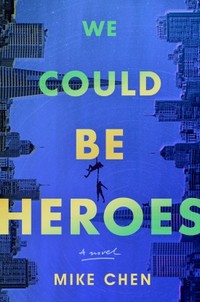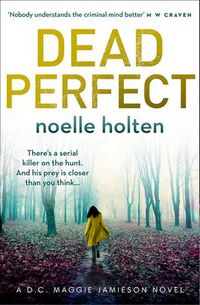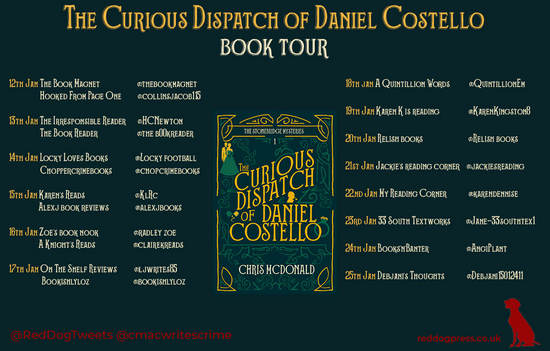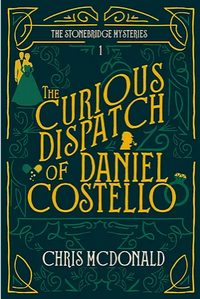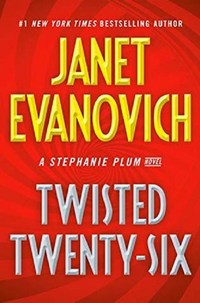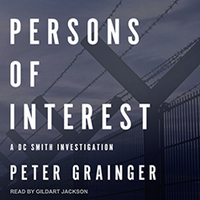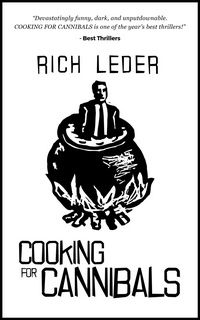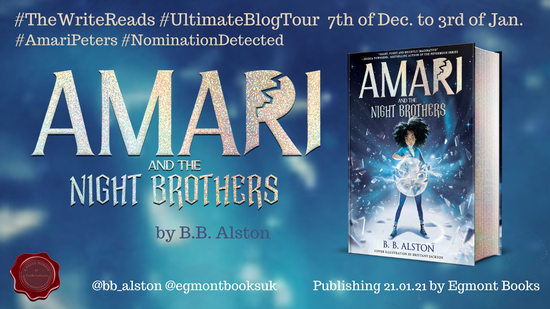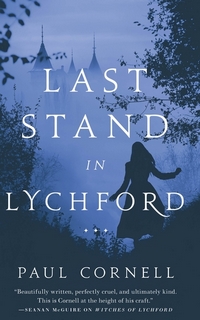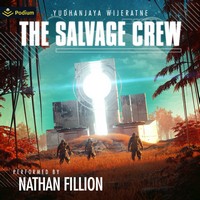 |
The Salvage Crewby Yudhanjaya Wijeratne, Nathan Fillion (Narrator) Unabridged Audiobook, 8 hrs., 21 min. Read: January 20-22, 2020 |

Red Dwarf Remix?
I’m not suggesting for a second that Wijeratne’s mind worked this way (at least I don’t mean to), but this is the impression I got as this started.
The Red Dwarf TV Show/Novels had a couple of great ideas at the beginning—an AI that ran the ship, that had a strange personality, an odd sense of humor, and wasn’t entirely reliable. The second was that the ship generated a holographic officer based on the memories and personality of one of a dead member of the crew (whoever was highest ranking/most needed among the dead). A long time ago, it had been determined that AI with memories and real emotions actually perform better than those not based on actual humans.
Our main protagonist and narrator in this novel is an AI, made from the memories and personality of an engineer who served his whole professional life in space (after leaving his family’s farm). He’s now in charge of a small salvage crew for the company Planetary Crusade Service, sent to a tiny planet Urmahon Beta to recover as much as they can from an old colony ship that presumably crashed there.
His role is Overseer, and his crew nicknames him OC. This is OC’s first command, if it goes well—and a few others—he can move up to a larger, better body/command. In a few decades or so, he could work is his up to a large ship, overseeing a major operation. Again, that’s if everything goes well.
Everything Doesn’t Go Well
OC is promised an “A-Team” of a crew for his first command. He doesn’t get one. They’re not a B-Team either. There are not enough letters to describe how far this trio is from an A-Team. For that matter, I’m not sure OC is A-Team material either—they land far off-course (turbulence during descent, we’re told).
Almost instantly, the crew starts falling apart, ignoring orders and protocol. They begin to build a base to work from, but get distracted by things like indigenous flora and fauna, personality conflicts, and evidence that suggests they may not be the only salvage crew on the planet (there’s a rival company with bionic operators with aggressive tendencies).
From a rough start, it gets worse, and the next few weeks are a spiral of cascading failure, disease, injuries, strife, crop failure, questionable vodka distillation, bargain-basement tech, and…well, I can’t keep going. It gets messy, and what starts off as a quirky, comedic version of The Martian with a side of Red Dwarf turns into something tense, taut, dark, and suspense-filled. It doesn’t stay that way, depending on how you want to count things, ends up taking one or two other overall flavors, while never completing shedding the offbeat humor that characterized the book since the opening paragraph.
Poetry and Other Quirks
I’m going to focus on OC, rather than the rest of the crew (and they are all worth writing about) to keep this short (and because you really need to get into spoilers to do a proper job of talking about the humans). He is funny. There’s a snarky, offbeat humor to his narration and dialogue throughout.
He’s also a poet. I’m not saying he’s a good one, but he is one. Frequently in Fantasy novels (particularly older ones that wear their Tolkien-influence on their sleeves), you get a lot of poetry/songs/etc., but that’s rarely a feature of Science Fiction novels. The Salvage Crew is the exception to this rule. OC writes it, recites it to his crew to encourage them, he quotes and ruminates on other’s poetry…he’s the most poetic AI I think I’ve ever encountered in a novel. He’s also a Buddhist, and will often apply that to his situation.
He also has the best curses. He’s frequently letting off steam by cursing his crew, PCS executives, or local fauna to a horrible future reincarnation. I could have listened to some of those for a solid hour.
Fillion’s Narration
It’s tough to say for certain, but I think that Fillion raised this about a star in my book (maybe just a half). It’s his voice, his charm that hooks you in and gets you to like, believe in and root for OC. That said, at some point, I stopped thinking of this as Fillion, and just let OC tell me a good story.
It’s not the best narration I’ve ever heard, but it’s really good and it made me hope that Fillion does more audiobooks.
Co-written by AI?
So, there was apparently actual AI software involved in the writing of this. I learned about this when I started writing this post, and I’m not sure I understood everything I skimmed (I didn’t want to take the time to read carefully instead of just posting this). I’m intrigued by this notion, but am relieved to see that the software only “helped” with portions of the book and that Wijeratne was the final word.
So, what did I think about The Salvage Crew?
Roughly the first half of the book* is about what I expected—an amusing SF adventure—and was a lot of fun to listen to. The rest of the book isn’t what I expected from the premise in terms of story or tone. And I was riveted. There are portions of the book that get into more philosophical territories, and while I wasn’t as interested in them as I think the novel wanted me to be, they were really well constructed and told.
* This is an estimate, I didn’t jot down notes about when the tenor of the plot/novel changes)
I’m really glad I took a chance on this book, I’ll definitely listen to future audiobooks by Fillion (assuming any are produced) and am probably going to be trying some of Wijeratne’s other novels. I heartily recommend it to SF readers/listeners.
Disclaimer: I received this eARC from Podium Audio via NetGalley in exchange for this post—thanks to both for this.

![]()



